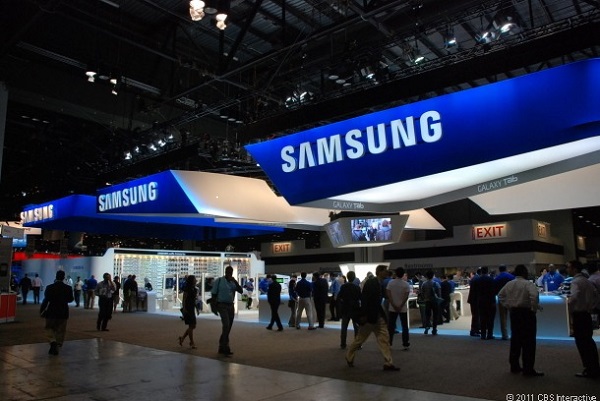Samsung’s pole position in the Android ecosystem is about get another boost when the Korean electronics giant unveils the Galaxy S4 in New York on Thursday night. But, while it’s all glitz and glamour this week, there’s an underlying tension between Samsung, Google, and the Android ecosystem that is about to reach a crossroads in 2013.
The Android leader
Samsung’s current flagship phone, the Galaxy S3, became the best-selling Android device in the world in 2012. In its first six months on the market, the Galaxy S III sold over 40 million units. In the third quarter of 2012, it even passed the iPhone as the single best-selling smartphone in the world — though Apple snatched back that distinction in Q4 with the launch of the iPhone 5.
Now, Samsung is so bullish on the S4 that it is reportedly ordering enough parts to handle sales of 10 million phones per month. With much of the world still converting from old-style cellphones to smartphones, there’s certainly a solid case for that kind of bullishness. But, it also assumes that Samsung will remain Google’s pre-eminent Android partner over the next 12-18 months. The big question is how safe that assumption is.
If you want to know how key Samsung has been for Android, just look at the fact that when Google bought Motorola in May 2012, Eric Schmidt flew directly to Samsung’s headquarters in South Korea to personally assure its executives that Motorola would not get special status in the Android ecosystem.
“I told them that the [Android] ecosystem has to be favored at all costs,” Schmidt said. “The Motorola products can’t be unduly favored, unless you’re also unduly favoring Samsung. If it looks unfair, and then the ecosystem unravels, then it’s a terrible mistake.”
True to Schmidt’s word, Google has not shown Motorola any outward favoritism. Since the acquisition, Google hasn’t even tapped Motorola to build any of Android’s flagship Nexus devices. And, during the past year, Samsung’s leading role in the Android market has only been enhanced, with the help of runaway hits like the Galaxy S3 and the Galaxy Note.
Samsung now owns 40% market share of all Android sales. Second place? Huawei with about 7%.
Samsung has certainly earned its success. You can’t begrudge it that. The company has out-executed other Android device makers in both hardware design and software enhancements.
It also did a better job of emulating best practices from Apple than any of the others Android vendors. While that strategy cost a lot in legal fees after a protracted court battle with Apple (that revealed just how closely Samsung was stalking Apple’s moves), it ultimately came to a stalemate. Meanwhile, Samsung devices soared to the head of the class in Android.
The bottom line is that Samsung and Google forged an Android alliance that successfully stemmed Apple’s momentum in mobile devices. Ironically, it was very similar to the way Intel and Windows stemmed Apple’s momentum in personal computers a generation ago. And, let’s not forget thatSamsung is also the leading seller in the Android tablet market and the leading laptop seller in the Google Chromebook market.
The Google-Samsung combination is the most potent new partnership in computing and it is putting tremendous competitive pressure on Apple and Microsoft. But, can the partnership hold together? There are several competing
interests that are driving a wedge between the two companies, as is common with these types of partnerships. However, in this case, the future of both companies in the mobile business as well as the overall health of the Android ecosystem itself is at stake.
For more information please go to ZDNet:
Source ZDNet


















